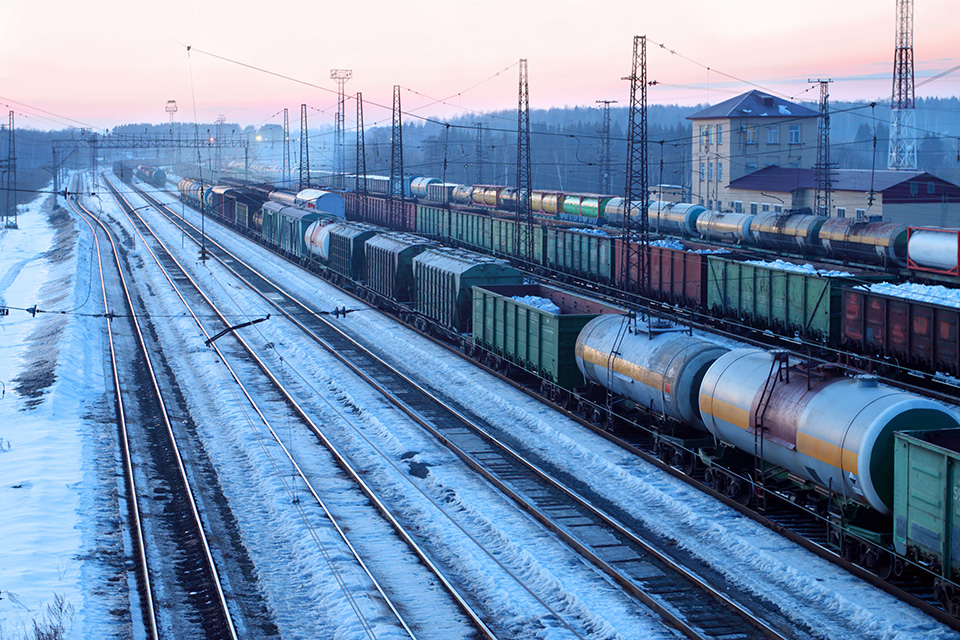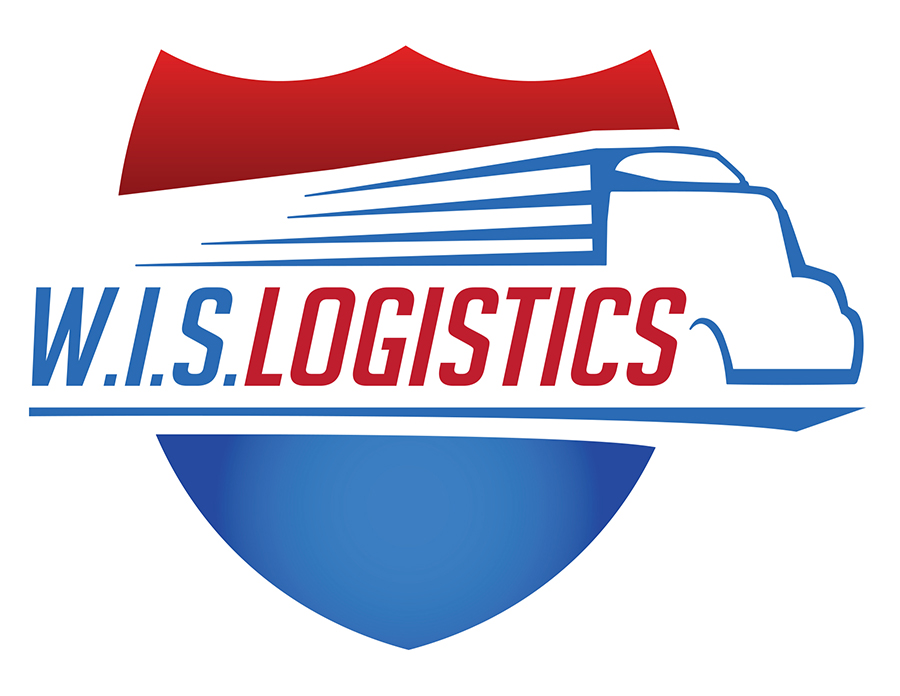Intermodal Freight
More options is better.
Saving Money Is a Good Thing
Freight shippers often incorporate intermodal to help solve transportation challenges. Intermodal transportation offers the benefit of significant capital expenditures made by railroad companies. And every time significant expansions are made, shippers gain more reasons for using it.
Intermodal transportation does not come without challenges, however. Sometimes shippers need to sacrifice flexibility and speed in order to reap the cost savings intermodal can offer. W.I.S. Logistics will help you assess benefits versus potential issues.

Trucking is Still Key
Ultimately, trucks will remain an integral cog in the moving parts of freight transportation; even intermodal still relies on trucks. But intermodal is worth considering simply because it can provide otherwise inaccessible options.

Lower Rates & Pricing
Overall, intermodal offers lower rates and pricing that’s also more predictable than transportation by trucks alone. Customers can sometimes realize cost savings of up to 10-40% when they convert freight from the highway to intermodal rail.
By combining modes of transportation, such as rail and truck, intermodal shipping offers cost-effective solutions. Transportation costs are reduced by maximizing container capacity, minimizing fuel expenses, and leveraging efficient rail networks—all while ensuring your shipments reach their destinations and your budget remains intact.
Energy-Efficient
Embrace the future of eco-conscious shipping through intermodal’s energy-efficient prowess. Intermodal is more fuel-efficient than long-haul trucking, thus reducing your costs and your carbon footprint.
By harnessing the efficiency of rail networks, intermodal promotes sustainability and environmental responsibility. Utilizing intermodal results in a greener supply chain but also makes a resounding impact in curbing emissions and optimizing resources for generations to come.


The W.I.S. Logistics Benefit
Do the benefits outweigh the possible challenges of intermodal? That’s where W.I.S. Logistics can step in as your 3PL. We will analyze shipping lanes and work with you to develop the best strategy for you.
With our expertise and network, we offer flexibility in choosing the most suitable carriers, optimizing routes, and meeting specific logistical requirements for efficient and reliable shipping operations that cater to your unique needs empowering your business with the flexibility and expertise to drive your shipping success.
"This company is one of the best companies I have worked with. They are very professional and have great communication. I've been very impressed with their customer service and I look forward to working with them in the future."
-Andrew Cashen
Frequently Asked Questions
- Fuel efficiency
- Reduced transit times
- Cost-effectiveness
- Increased capacity
- Decreased environmental impact
- Improved end-to-end visibility
- Restricted cargo access for high-security loads
- Dry goods
- Refrigerated goods
- Hazardous materials
- Detention: Detention charges accrue when a container is delayed more than two hours at an origin or destination dock.
- Per Diem: This fee is a per-day, fixed rate charged against another carrier, covering the use of the carrier’s container, chassis, or trailer.
- Demurrage: Also known as a storage charge, this is assessed when cargo is left at an intermodal ramp beyond the allotted time. The fee can increase daily.
- Rework: Intermodal weight fees are assessed when freight’s weight exceeds 80,000 lbs. in total, or when there is extra weight on the axle and steer or on the bridge. For example, if a load shifts in transit, it will have to be reworked back to the allowed weight limit. The shipper is responsible for the distribution of weight and bears the cost of a rework fee.
- Need for specialized equipment and infrastructure
- Potential delays and disruptions in transit
- Coordination between different modes of transportation and carriers
